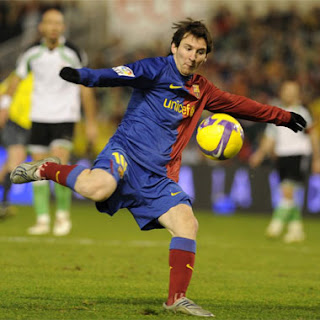During the past days we have been seeing a video about the teenage brain. It was very interesting and learned new things that I never imagined of. When you become a teenager your brain is not fully developed and it changes a lot through this time period, especially your frontal lobe. Some common behavior of teenagers are: believing that no one understands them, forgetting things they do not want to do, getting less sleep than needed, etc. Getting little sleep in your teen age years is very important for your whole body and specially your brain. During these years you need at least 9 hours of sleep a day. I believe this is really important because you act completely different when lacking sleep. Also, another thing that adolescents do is taking bad decisions or irresponsible decisions. Many teens in the United States suffer car accidents because of their bad decision making. The teens use another part of the brain to percept emotions in others. This is why they sometimes ask their parents that why are they angry when they are speaking totally normal. Adolescence is a time of high risk in which we can take decisions that can affect our entire life. This is why we should try to make the best decisions possible to get out of adolescence unharmed. In my opinion it is impressive how scientist could find all this differences between a teenager and an adults brain.
 |
| http://www.enasco.com/product/SB38579G |







